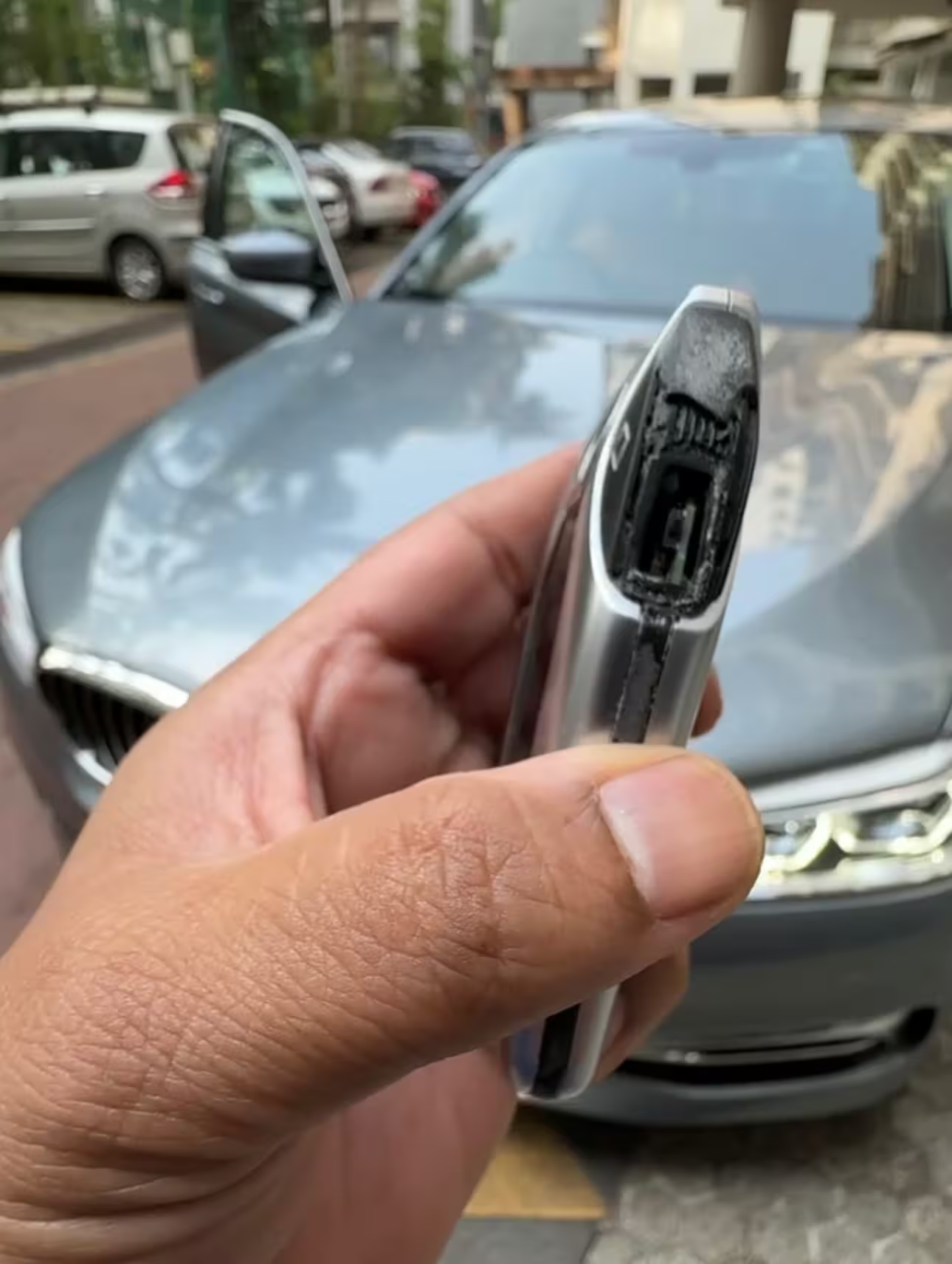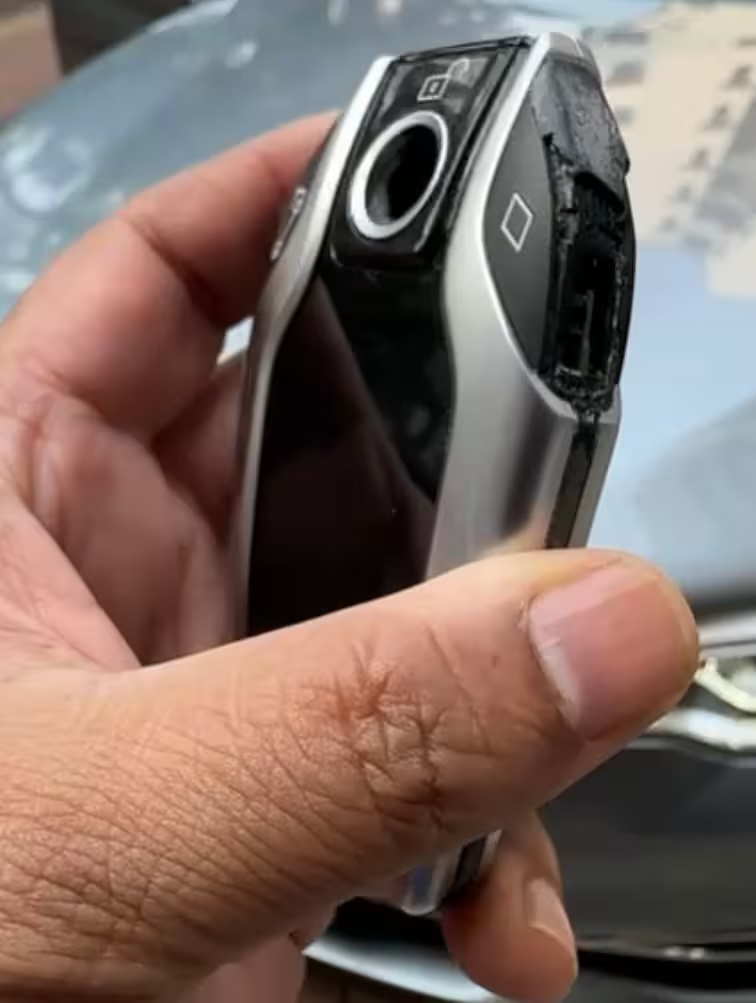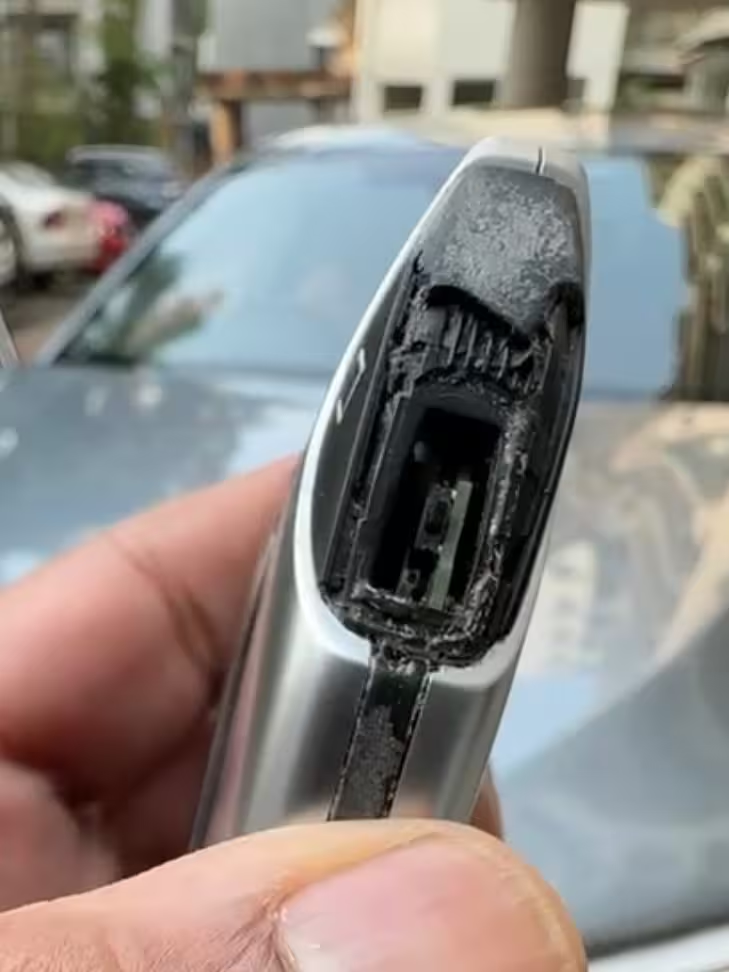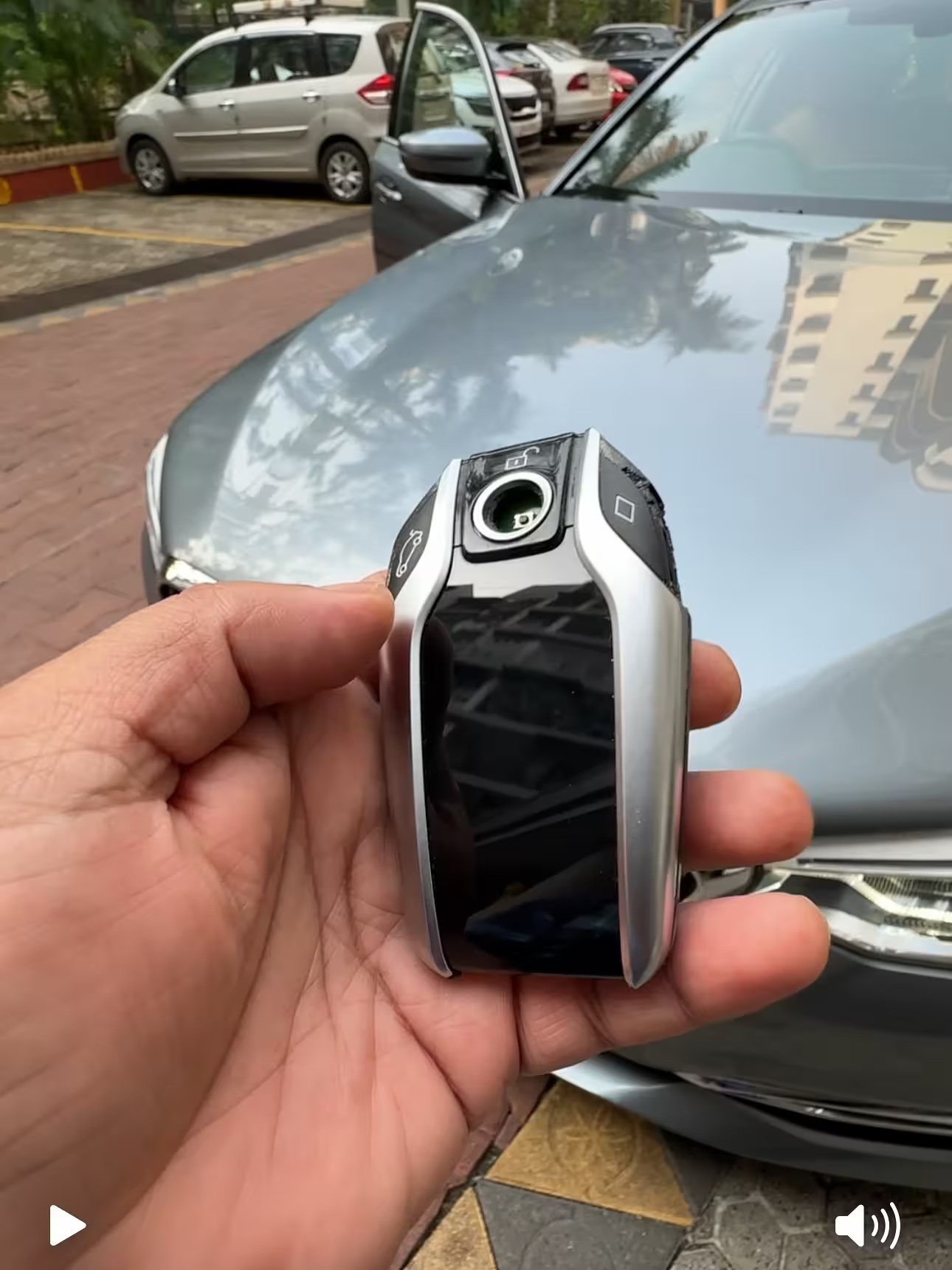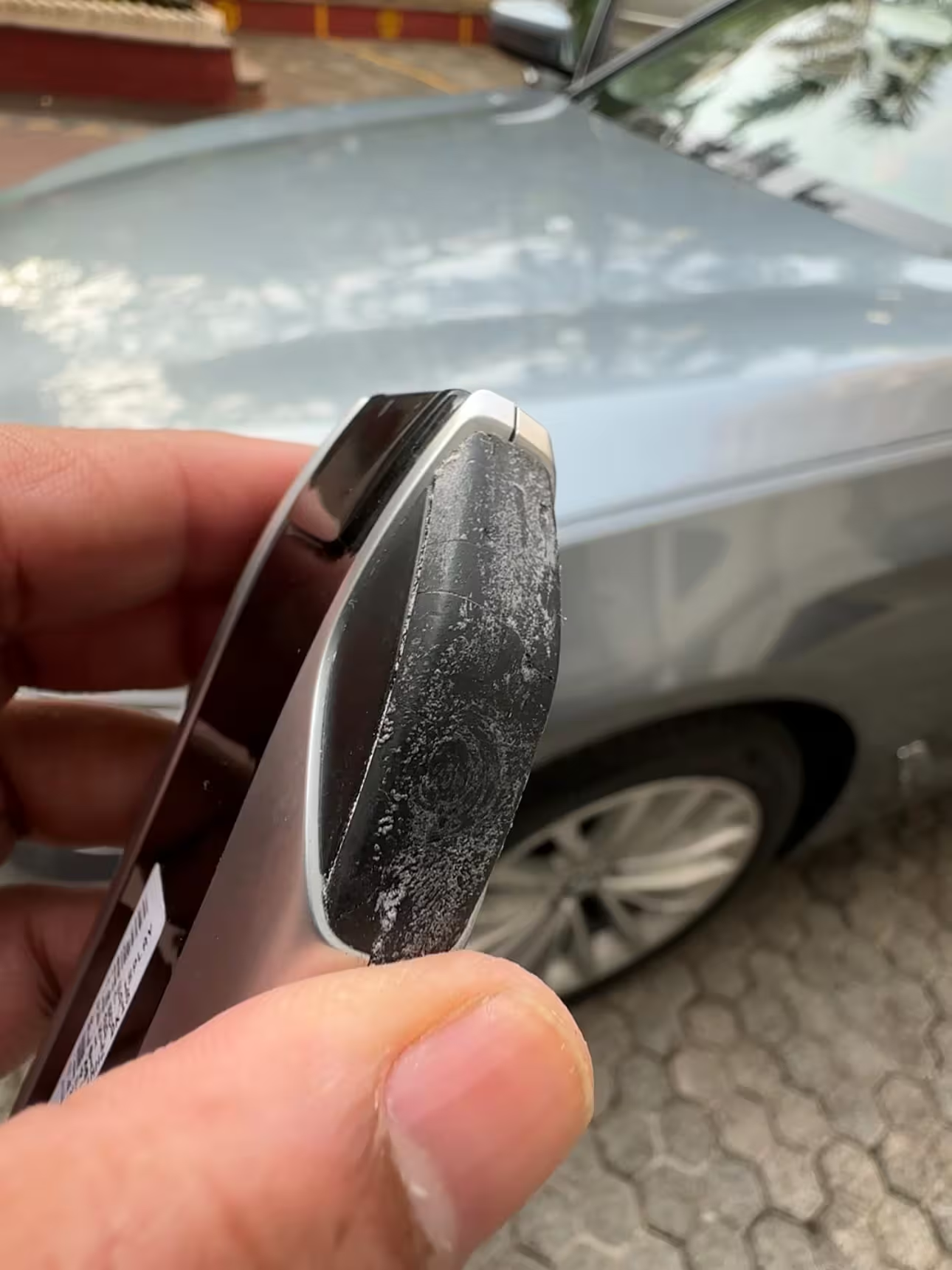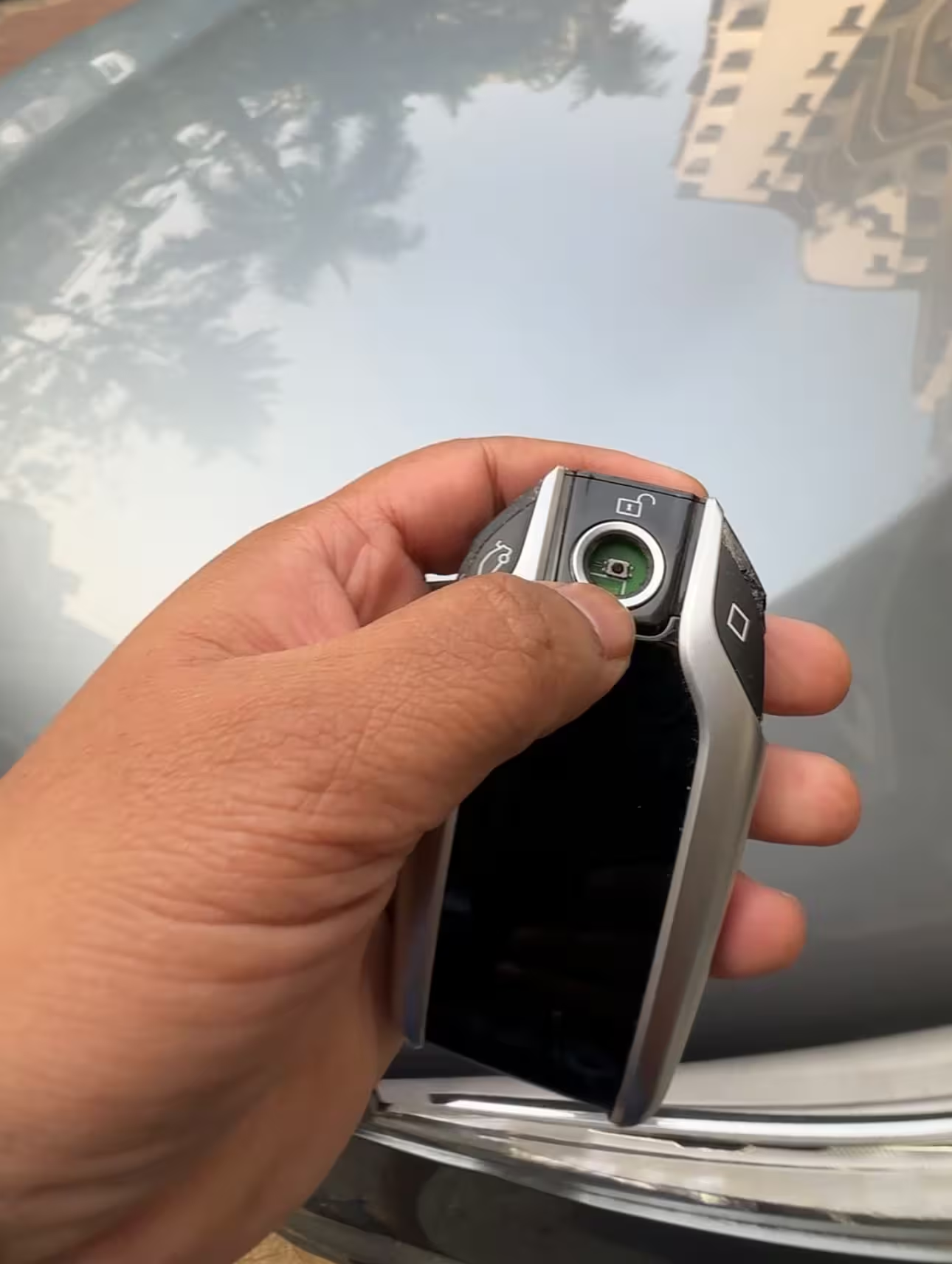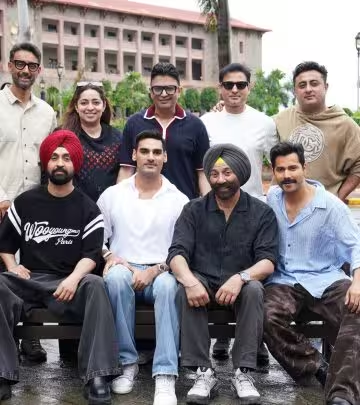BMW Self-Eroding Key Sparks Outrage
BMW self-eroding key leaves drivers amused, vexed at its failed display in India - absurd
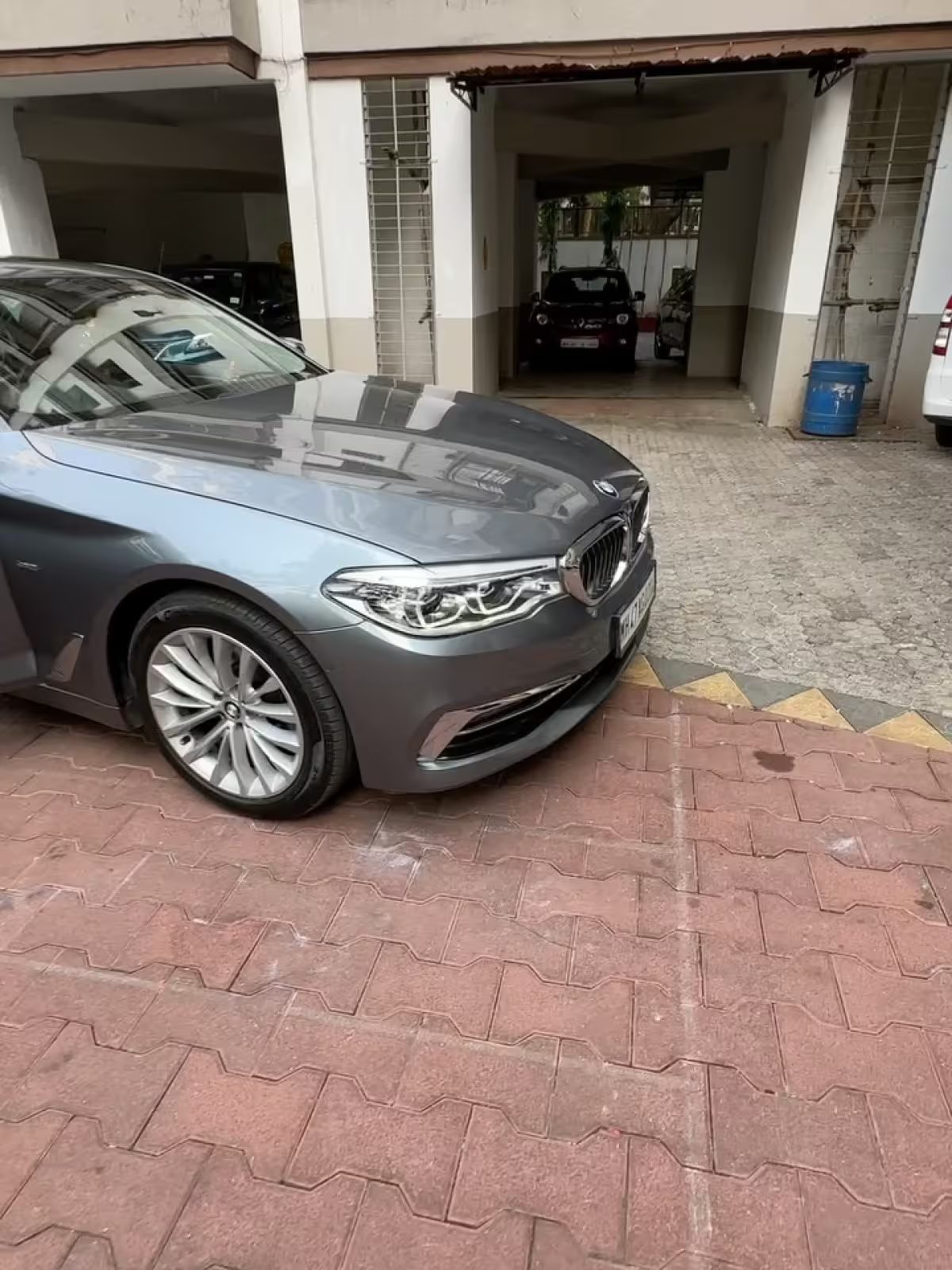
Image: Instagram
In a move that has left many questioning the reliability of premium tech, BMW India is under fire for introducing a key that appears to be aging before its owner’s eyes. The new Self-Eroding Display Key, touted with tongue-in-cheek by its critics, is being compared to Bollywood remakes for its rapid decline in performance. The sentiment is clear from one recent online post that advised, “Don’t buy BMW in India atleast,” setting the tone for a discussion on luxury meet loopholes.
Aging Like A Bollywood Remake
The post, dripping with sarcasm, paints a picture of a high-end automotive accessory that seems to have given up on life without suffering any obvious external damage. According to the caption, the key’s display does not degrade through accident or misuse—it simply deteriorates on its own. In a playful yet pointed remark, the user wrote, “I bought a car, not an ancient scroll,” highlighting the absurdity of paying lakhs for a piece of technology that barely holds up to scrutiny over time.
Critics have been quick to note that BMW India’s response—essentially a shrug coupled with a statement that it is not their fault—adds to the overall frustration. Furthermore, a service centre at BMW Navnit Motors in Mumbai reportedly “bailed out,” suggesting that even professional maintenance teams might be stumped by this design choice. The irony is not lost on those who expected cutting-edge reliability, raising the question: when luxury meets technological misadventures, who really pays the price?
Luxury With Loopholes
The display key, officially branded as the BMW Self-Eroding Display Key, was introduced with an attempt at an innovative twist. However, the reality seems to have deviated far from the ideal. Not only does the key’s display age prematurely, but it also leaves modern consumers in a quandary. The post mockingly references the key as something that “ages worse than Bollywood remakes,” implying that the very idea of quality degradation in such a critical vehicle component is laughable. This wry commentary resonates with a section of the audience who view such technical quirks as a sign that even luxury brands can stumble when integrating new technology.
In today’s market, where every detail in the luxury segment is expected to function flawlessly, such a feature becomes a source of doubt. Buyers are now left to weigh the allure of high design against the practicality of long-term reliability. This tension is further amplified in a price-sensitive society that understands the value of every rupee spent. The suggestion that one might inadvertently be purchasing an “ancient scroll” rather than a modern key only adds to the scepticism surrounding this launch.
Drivers’ Reactions And Industry Buzz
Social media has been abuzz with mixed reactions. While some users chuckle at the quirk, others express genuine concern. The post’s clever use of hashtags like #bmwfail, #shame, and #UltimateCustomerShrug underline a broader dissatisfaction. Critics point out that when a luxury car brand fails to meet even the most basic of user expectations, it risks alienating a discerning clientele. The debate is further fueled by images circulating on Instagram, showcasing the key’s deteriorated display—a visual confirmation that fuels both humor and annoyance among BMW enthusiasts and critics alike.
One such image, widely shared across platforms, vividly illustrates the worn-out display. It serves as a stark reminder that innovative technology can sometimes backfire, especially when the design does not hold up under real-world conditions. These visuals have become a rallying point for a community that values performance as much as style.
Celebrity Insight: Krishna Beuraa Weighs In
Amid the chatter, celebrity influencer Krishna Beuraa, known for his creative ventures in music and photography, has also entered the conversation. In a departure from his usual artistic flair as seen in his multiple acclaimed Instagram posts, Beuraa’s commentary on the issue brings a unique perspective. While he has built a reputation for capturing iconic moments behind the lens, his recent engagement with this automotive mishap underscores how even celebrated figures cannot escape the impact of everyday consumer grievances.
Beuraa’s social media presence, which often merges art with reality, now serves as a lens through which technology missteps are scrutinized. His previous posts have celebrated innovation and artistry alike. However, his indirect commentary on BMW’s new key adds depth to the public discourse, reminding us that sometimes the unexpected becomes a talking point across varied fields—from luxury automobiles to Hollywood-style production values.
Beyond The Glitz: A Lesson In Consumer Expectations
For many, the BMW Self-Eroding Display Key is emblematic of a larger trend where high-end brands push the envelope in design, sometimes at the cost of functional reliability. The irony that a feature meant to set BMW apart now raises eyebrows shows that consumers expect more than just an aesthetic appeal; they demand enduring performance.
This episode serves as a wake-up call not just for BMW but for all luxury manufacturers stepping into technologically advanced realms. When innovation paves the way for unforeseen setbacks, it is often the end user who bears the brunt of the compromise. As this debate continues to simmer online, potential buyers are urged to scrutinize every detail before investing heavily in what is supposed to be the pinnacle of automotive engineering.
While the self-eroding key might currently be the subject of sarcastic social media exchanges, its long-term impact on brand perception remains to be seen. For now, the blend of humor and frustration in the digital discourse highlights a simple truth: even the most celebrated brands are not immune to the pitfalls of unchecked innovation.
As discussions persist and images of the faltering display key circulate widely, one thing is clear—modern consumers are no longer willing to accept quirky technology that fails to deliver on its promise. In a market where reliability is as prized as luxury, every misstep reverberates, urging manufacturers to balance innovation with practical functionality.
Read full bio of Glendon Moss


